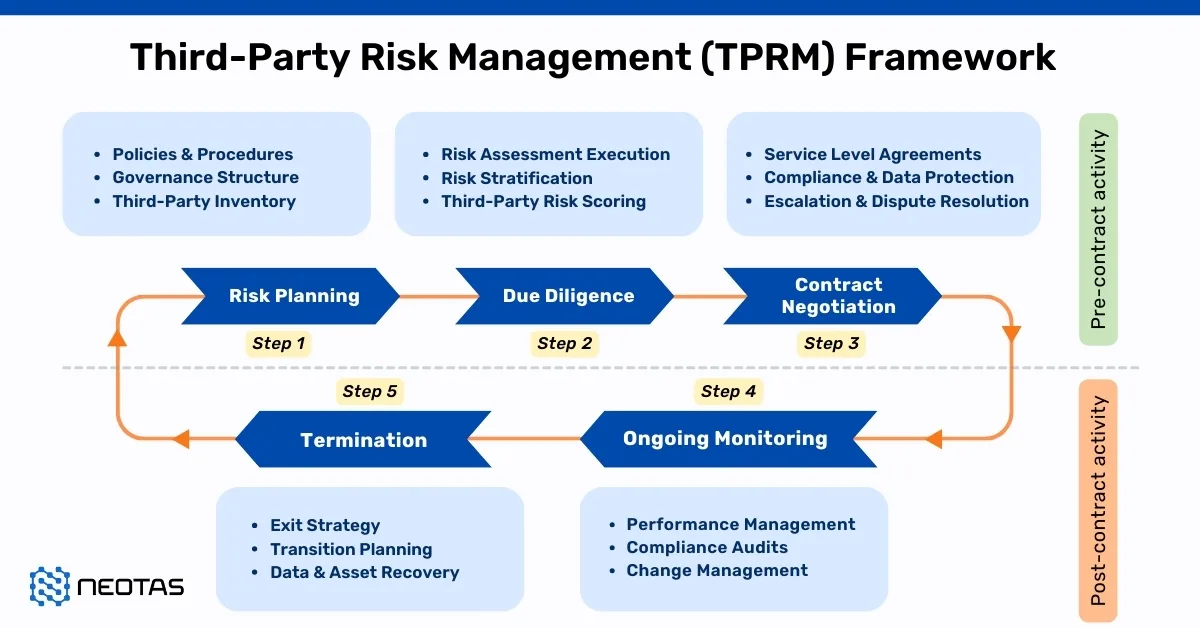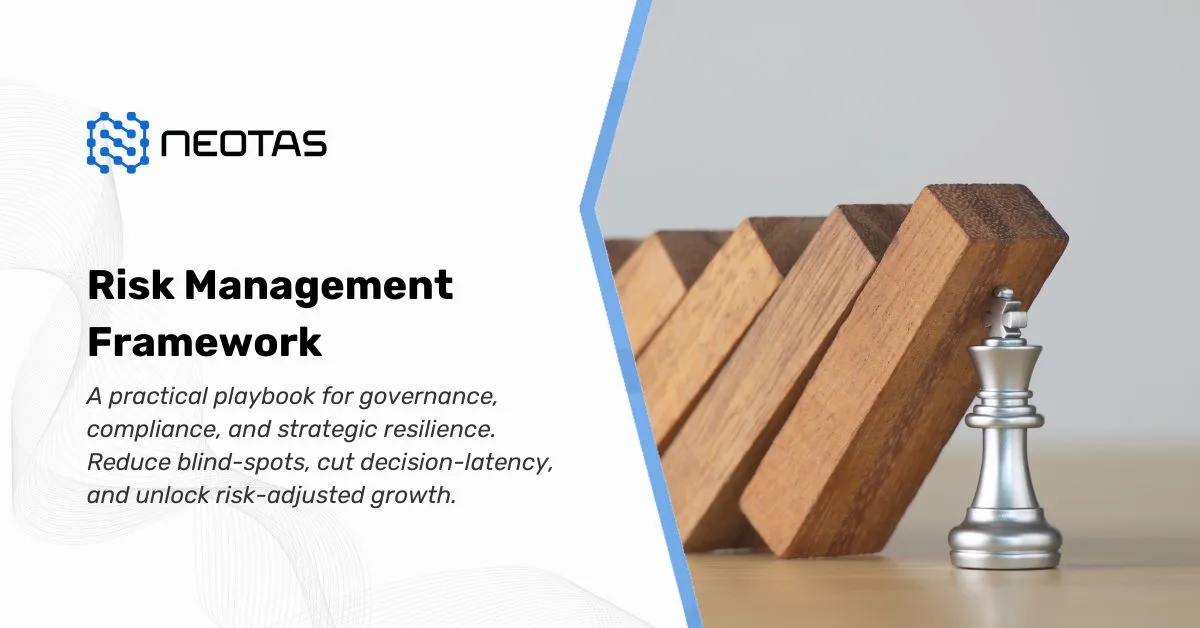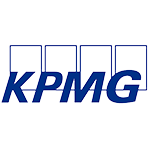In PART 2 of the Courage, Culture and Conduct series, Patrick Butler shared his views on courage as the foundation of a value-focused culture >> READ HERE
The question we are most often asked at the Conduct and Culture Academy (CCA) is, “how do you measure behaviour, given it is subjective and nebulous?” Delegates often comment that this is frequently used as an excuse not to invest in long-term behavioural initiatives “because we cannot produce the management information that shows it works”.
Indeed, in the FCA Discussion Paper on Transforming Culture in Banking in February 2018, Jonathan Davidson remarked that:
“… leaders can manage culture even if they can’t measure it very well”.
Yet an inability to measure culture is no longer the case. There are now some startlingly effective tools emerging to strengthen MI beyond vague sentiment surveys and the standard, superficial profiling of staff and customers, such as the advanced intelligence platform developed by Neotas and the Alderbrooke Group (CultureScope). These tools offer a rigorous and systematic approach to gain insight on clients and staff, linking behaviour to value and giving accountable managers tangible ways to move the dial on conduct and culture. Curiously, many decision makers seem to be wary of using these tools. Could this be because of what they may show? Perhaps, but this should not be the case.
The emerging regulatory approach is to expect leaders to have courage and, as we see from the sandbox approach to FinTech companies, be more tolerant of honest failures if the decisions are well-thought out, i.e. made with the integrity of the market, long-term good outcomes and the protection of clients and customers in mind.
This may need some difficult truths to be accepted and new skills to be developed, but leaders who develop a more sophisticated behavioural approach to managing their firms for the long-term will ultimately create trust, productivity and thus success for their firms – as well as themselves.
Without this approach, as regulators become more expert as to how senior managers can and should drive better conduct, they will become less tolerant of senior managers’ inability, or unwillingness to find ways to measure and manage culture effectively.
With it, the forward-thinking leaders will become the catalysts for sustainable value for their firms and the rehabilitation of the finance industry. With the rebuilding of trust will come a greater confidence and so greater participation, reducing volatility and driving growth. With finance as the lifeblood of the economy, I need hardly spell out what this will do for standards of living.
Consistent with the value offered by fostering cognitive diversity – i.e. with more information to hand – senior leaders can equip themselves to drive the right Culture to underpin success by:
- Seeking a culture of openness and transparency by proactively managing and measuring cultural change by clearly defined metrics
- Driving better decisions and enhanced decision-making processes and capabilities, e.g. defining, developing and rewarding characteristics that enable you to manage Conduct and Culture, right through all parts of your firm
- Leveraging new technology fearlessly to measure and foster behaviours that build trust and inspire all staff to control risk and create sustainable business value
- Treating this strategy, not as a defensive control mechanism, but as an opportunity to innovate and so boost the success of your company
They will then be truly successful. In the words of Simon Sinek:
“if the challenge we face doesn’t scare us, then it’s probably not that important.”
Stay tuned for the video soundbites from the Courage, Culture and Conduct Series >> live updates here
First published on www.neotas.com > helping organisations to harness digital intelligence, measure behaviour and mitigate people risk.
______________________________________________________________________________
About this Series:
The concepts in this series and some of the new tools available to manage culture will be discussed further at the UK Finance Culture eats Strategy for Breakfast event on 14 March for Board level executives. They will also be explored in more detail within the fourth cohort of the Conduct and Culture Academy beginning at the end of March.
About the Author:

Patrick Butler is co-founder of the Conduct and Culture Academy at UK Finance and founder of Calitor Limited. A former Diplomat, Investment banker, Operating Officer, Head of Compliance, he now advises and coaches senior management and future leaders to enhance behavioural understanding underpinning practical solutions to meet the changing regulatory landscape and build competitive advantage.
View the Free Webinar >> Managing Culture to Deliver Strategic Success: Converting the Regulatory Imperative into Business Success.




























